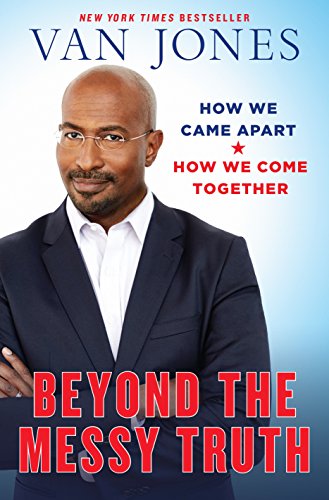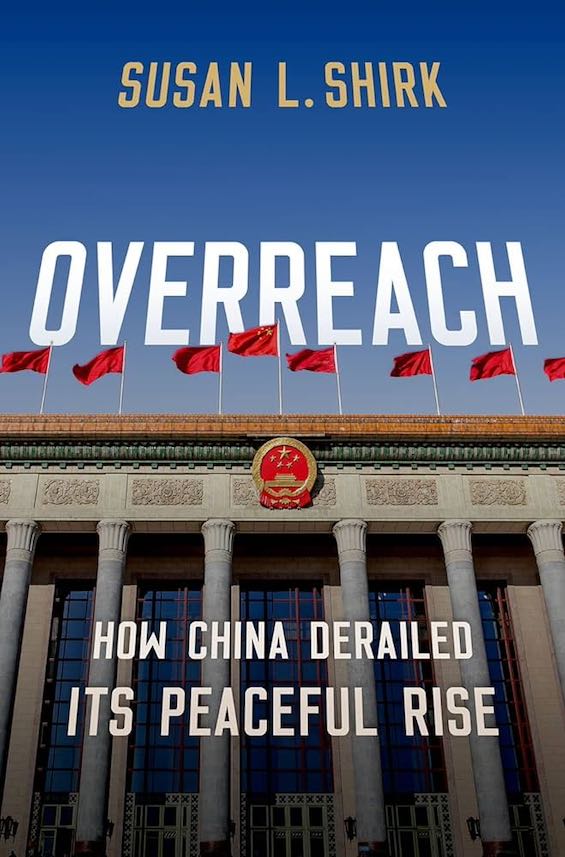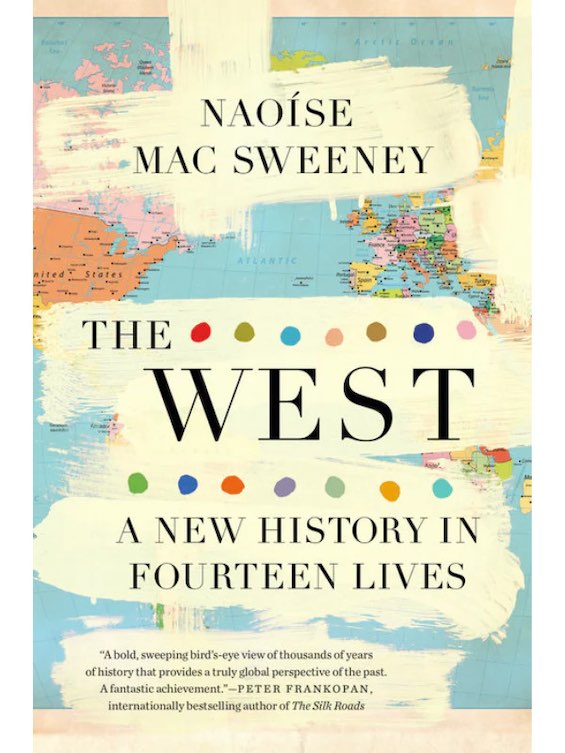
More than half the American people complain about Donald Trump. But few are doing something about it. Van Jones is one of the exceptions.
Van does not mince words. “There is evidence that Trump is crazy,” he noted in a Nov. 5 interview with the San Francisco Chronicle Book Review, “but he has also driven us crazy.” Van’s new book advises us how to treat that craziness.
Estimated reading time: 4 minutes
In Beyond the Messy Truth: How We Came Apart, How We Come Together, his third book, Van writes at the outset that “the same political dynasties that screamed the most against Trump’s ascendance . . . created the mess that opened the door for him in the first place.” And he makes clear that those “dynasties” are the Clintons and the Bushes.
To remedy the mess that resulted from the neoliberal views that have dominated their years in government—and remained largely unchallenged under Barack Obama—Van advocates bridging the gap between conservatives and liberals by finding common ground on issues where our values overlap. He takes both political parties to task for blocking the way for activists on both Left and Right to meet on that common ground. And both liberals and conservatives come in for harsh criticism for our failure to grasp how we might come together on some critical issues despite the dramatic contrast in our values.
Beyond the Messy Truth: How We Came Apart, How We Come Together by Van Jones ★★★★★
America’s dilemma
Beyond the Messy Truth consists of seven short chapters. The first addresses the dilemma we Americans now find ourselves in. Each of the two following chapters is devoted to an “open letter” to one of the two major political parties. A fourth chapter explains what Van calls the “whitelash” that elected Donald Trump. It’s followed by two other chapters that detail Van’s own work on both sides of the aisle to address some of the most urgent issues of our time.
Here, he lays out an agenda for action on these issues: reforming the criminal justice system, ending the addiction epidemic, and creating jobs for the millions of people who are either already shut out of employment opportunities or will become unemployed as automation continues to take its toll. The concluding chapter expresses Van’s optimism that the agenda he lays out is not just necessary but also possible.
Here, for example, is Van in his letter to liberals: “It is one thing to say, ‘I disagree with you because we have different values and priorities.’ It’s quite another to say, ‘I disagree with you because you are an uneducated idiot—a pawn—and a dupe.’ The prevalence of the latter set of arguments is why the Democratic Party stinks of elitism.”
“Honor our traditions”
In each of the two cases, Van enjoins us to “honor our traditions,” uphold religious liberty, respect all Americans, “fix the party,” and “solve real problems.” Liberals, he notes, tend to be disrespectful to both churchgoers and white working-class voters—and we’re “addicted to the bickering and infighting.” (“We cannot win against the worst of the right if all of our best weapons are pointed at one another.”)
Conservatives fail by disparaging Muslims, who might otherwise be their allies, since they tend to be both religiously observant and conservative. And today’s Republicans seem to have forgotten their core commitment to limited executive power, small government, and freedom of speech and religious practice. (“Would [our founders] approve of a U.S. president attacking the credibility of independent judges merely on the basis of their heritage . . .? Would they stand by idly as the executive branch tramples on the rights of the press?”)
About the author
Van Jones is best known as a commentator and reporter on CNN. But his work as a leading activist is far more consequential. In fewer than fifty years, he has founded or co-founded numerous social enterprises, including the Ella Baker Center for Human Rights, Color of Change, Rebuild the Dream, the Dream Corps, and Magic Labs Media. He has also collaborated with other public figures including Newt Gingrich, Prince, and Patrick Kennedy in launching nationwide initiatives on such topics as criminal justice reform, the opioid epidemic and heroin addiction in our inner cities, and training “100,000 young women and men from underrepresented backgrounds find success in the tech sector” (#yeswecode). In other words, Van walks the talk. Many of the views he expresses in Beyond the Messy Truth reflect his own years of work on these issues.
For related reading
For further reading, see:
- How Steve Bannon sold the alt-right to Donald Trump and made history
- 5 books that explore our broken criminal justice system
- Donald Trump: populism, or fascism?, and
- Van Jones: Making sense of the Tea Party, the Occupy Movement, and Barack Obama’s shift from candidate to President.
Like to read books about politics and current affairs? Check out Top 10 nonfiction books about politics.
And you can always find my most popular reviews, and the most recent ones, on the Home Page.



























